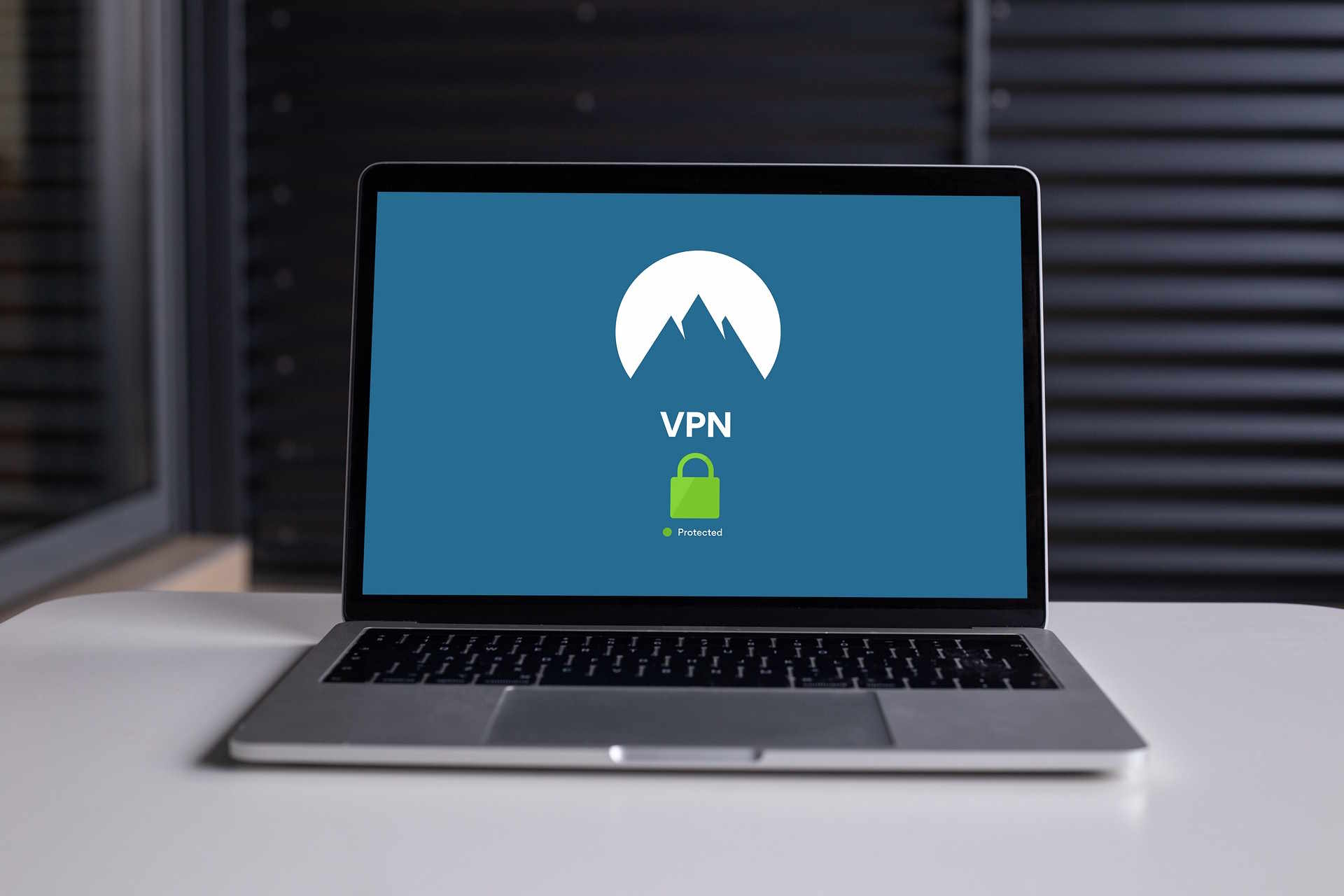Enhancing Online Privacy: The Power of VPNs and Secure Browsing
In today's digital age, protecting personal information online has become increasingly critical. As cyber threats evolve, so must our methods of safeguarding our digital footprint. This article explores the benefits of secure private browsing, the role of VPNs in enhancing online privacy, and key features to look for in privacy tools.

What are the benefits of secure private browsing for protecting personal information?
Secure private browsing offers several advantages for protecting personal information online. When using a private browsing mode, such as Incognito in Chrome or Private Browsing in Firefox, your browser doesn’t save your browsing history, cookies, or form data. This prevents others who may use the same device from seeing your online activities.
Moreover, secure private browsing can help protect against some forms of tracking by websites and advertisers. It limits the amount of information that can be gathered about your browsing habits, making it more difficult for third parties to create detailed profiles of your online behavior.
How do private browsing modes differ from full anonymity tools?
While private browsing modes offer some protection, they are not equivalent to full anonymity tools. Private browsing primarily prevents local storage of browsing data on your device. However, it doesn’t hide your IP address or encrypt your internet traffic, meaning your internet service provider (ISP) and visited websites can still see your online activities.
Full anonymity tools, such as VPNs or the Tor network, provide more comprehensive protection. These tools encrypt your internet traffic and mask your IP address, making it much more difficult for third parties to track your online activities or identify your physical location.
What are common myths and facts about private browsing security?
There are several misconceptions about private browsing security:
Myth: Private browsing makes you completely anonymous online.
Fact: Private browsing only prevents local storage of browsing data; it doesn’t hide your online activities from your ISP or websites you visit.
Myth: Private browsing protects against malware.
Fact: While it may offer some protection against certain types of tracking, private browsing doesn’t provide enhanced security against malware or phishing attacks.
Myth: Private browsing hides your IP address.
Fact: Private browsing modes do not mask your IP address; this requires additional tools like a VPN.
What key features should you look for in a secure private browser?
When choosing a secure private browser, consider the following features:
-
Built-in VPN: Some browsers offer integrated VPN services for enhanced privacy.
-
Ad and tracker blocking: Look for browsers that automatically block invasive ads and trackers.
-
HTTPS Everywhere: This feature ensures you connect to the secure version of websites whenever possible.
-
Fingerprinting protection: Advanced browsers can prevent websites from creating unique “fingerprints” based on your device and browser settings.
-
Regular security updates: Choose a browser that receives frequent updates to patch vulnerabilities.
Why are encryption and VPNs important for enhanced online privacy?
Encryption and VPNs play crucial roles in enhancing online privacy:
Encryption: This process scrambles your data, making it unreadable to anyone who might intercept it. It’s essential for protecting sensitive information like passwords and financial data.
VPNs (Virtual Private Networks): A VPN creates a secure, encrypted tunnel between your device and the internet. It masks your IP address and encrypts your internet traffic, making it extremely difficult for third parties to track your online activities or determine your physical location.
Using a VPN offers several benefits:
-
Protection on public Wi-Fi networks
-
Bypassing geographic restrictions on content
-
Preventing ISPs from monitoring your online activities
-
Reducing targeted advertising based on your location or browsing history
How do VPN services compare in terms of features and pricing?
When choosing a VPN service, it’s important to consider both features and cost. Here’s a comparison of some popular VPN providers:
| Provider | Key Features | Cost Estimation |
|---|---|---|
| NordVPN | Large server network, Double VPN, Onion over VPN | $3.71 - $11.95/month |
| ExpressVPN | High speeds, Split tunneling, TrustedServer technology | $6.67 - $12.95/month |
| Surfshark | Unlimited devices, CleanWeb feature, MultiHop | $2.49 - $12.95/month |
| CyberGhost | NoSpy servers, Automatic kill switch, 7-day free trial | $2.25 - $12.99/month |
Prices, rates, or cost estimates mentioned in this article are based on the latest available information but may change over time. Independent research is advised before making financial decisions.
When selecting a VPN, consider factors such as server locations, connection speeds, and additional security features alongside pricing. Many providers offer discounts for longer subscription periods, so weigh your long-term needs against short-term costs.
In conclusion, secure private browsing and VPNs are powerful tools for protecting personal information online. While private browsing modes offer some local protection, VPNs provide more comprehensive security by encrypting your internet traffic and masking your IP address. By understanding the capabilities and limitations of these tools, you can make informed decisions to enhance your online privacy and security.




